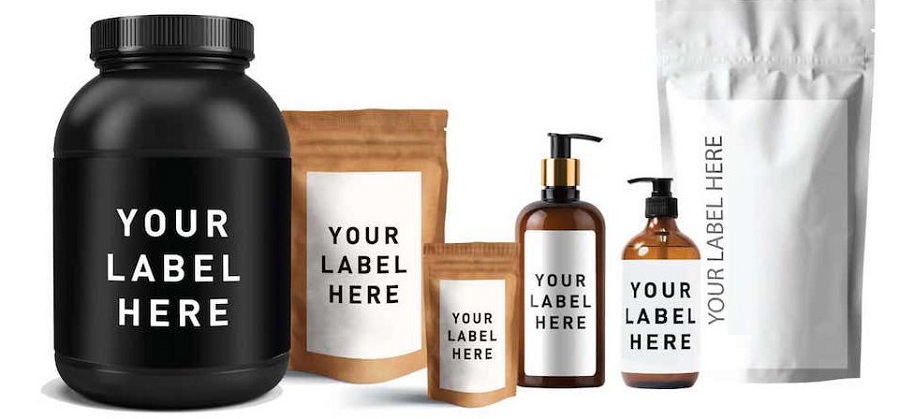
When retailers and wholesalers make their brand, it’s called ‘’Private Label Brand.’’ it is also known as a reseller, store, house, or distributor brand. It is a product that is produced by a contract or third-party manufacturer and sold under a retailer’s brand name. Private label brands help retailers to manage everything right from pricing and packaging to marketing and layout, all along stimulating brand recognition among consumers. For instance, the world’s largest private label brand ‘’Great Value’’ is owned by Walmart. Americans in 2018 spent over $146 billion on private-label products with the average household spending nearly $1,200, according to a common measure. Approximately half of Sainsbury and Tesco which is the largest food chain in Britain sell stores label goods. Germany and Spain also have a high percentage of private-label product sales.
A growing number of US retailers accept that strong label brands can profitably differentiate their stores and cement the loyalty of customers. Over the past 20 years, the Private label market share averaged 14% of US supermarket sales dollars. At the depth of the 1981–1982 stagnation, it peaked at 17% of sales; in 1994, when private labels gained a lot of media attention, it was more than two percentage points lower to 14.8%. In this article, we will share with you a brief history of private label brands, what are private label products, and some advantages of private label brands.
What are Private-Label Products?
A private label product is a product that is manufactured by a retailer through a third party but sells under its brand. The seller verifies everything product or products. This includes product provisions, packaging methods, and everything else. The private-label products are then given to the retailer for sale. So far as consumers are concerned, it is the company’s “own brand” products. For example, a collaboration software vendor might run a line of private-label conference calling hardware. These products would be made by another company. However, they would be sold under the original company’s trading name.
History of Private Label Brands:
Now let’s look at the brief history of private label brands. Before the upsurge of online marketplaces, retailers traditionally stocked their shelves by making deals with manufacturing giants like Procter and Gamble or Nestle. Those large consumer-goods amalgamation pushed out smaller brands, demanded high-class shelf space, and business for other benefits as part of their deals with big retailers like Walmart. Later on, Walmart took the opportunity to use the data it collected in its stores to make its private-label brands.
Advantages of Private Label Brands:
There are many advantages of private label products. Some of them are mentioned below:
- High-Profit Margins:
Retailers can generally earn a large profit margin as there are no middlemen in private labels. In addition to this, retailers have authority over the pricing of products. The range of margins in private labels can be from 20% to 50% of the selling price.
- Control:
Private labels allow retailers to watch over product determinants such as pricing, size, package design, production, and distribution. Retailers have the liberty to develop and execute inventive ideas to increase the market share above national brands.
- Competitive Edge:
The product mix suggested by various retailers is usually quite similar. In such cases, private labels manage to be a special offering. The retailer has a competitive advantage by extending distinctive private labels.
- Creating Customer Loyalty:
Private labels, to some extent, help in increasing customer loyalty. Superior class and desirable private labels along with exclusive brands have the tendency to develop the retailer’s image and draw attention to the store.
- Creation of New Categories:
In addition to this, Private labels can act as ‘’category fillers’’ to cater to buyers across different price points. This is the most unique and versatile advantage of private label brands.
- Quick Offerings:
Another reason retailers choose to select private labels is to fill the gap in product offerings. This gap may be due to the non-availability of any particular product or category.
In a nutshell, the growing importance and advantages of private-label brands are beyond doubt. Furthermore, private labels are very helpful for low-income people.










